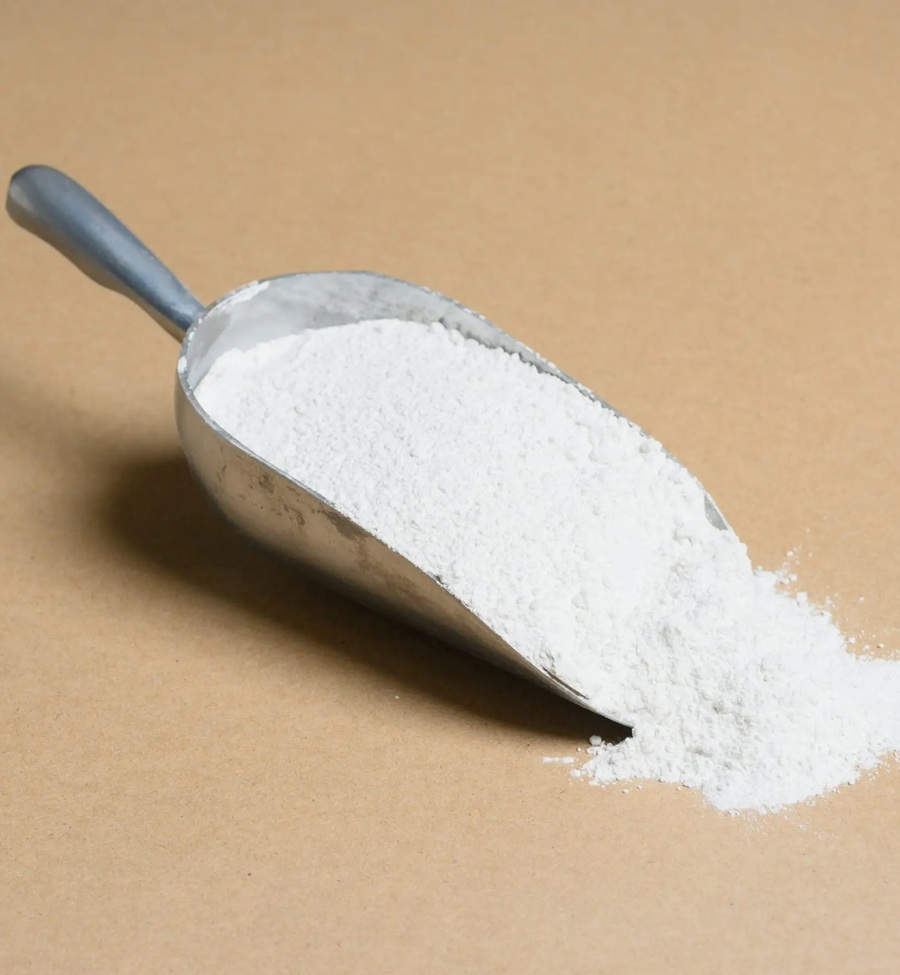Does CaCO₃ Filler Enhance the Biodegradability of Plastics?
Plastic waste is one of the most pressing environmental issues of our time. As society increasingly seeks solutions to reduce plastic pollution, biodegradable plastics have emerged as a promising alternative. But in the quest to enhance the performance and environmental impact of these materials, one question often arises: Can calcium carbonate (CaCO₃) fillers make plastic more biodegradable?
Understanding Plastic Biodegradation
To evaluate the role of CaCO₃, it’s essential to understand how plastic biodegradation works. Biodegradable plastics are designed to break down into natural elements such as carbon dioxide, water, and biomass through the action of microorganisms under specific environmental conditions (e.g., industrial composting facilities). However, not all plastics labeled "biodegradable" degrade equally, and various additives can influence their degradation behavior.

What is CaCO₃ and Why is It Used in Plastics?
Calcium carbonate (CaCO₃) is a mineral filler widely used in the plastics industry for its affordability, abundance, and ability to improve certain physical properties. When added to polymers, CaCO₃ can:
- Reduce material costs
- Enhance stiffness and dimensional stability
- Improve heat resistance
- Facilitate better printing and processing
However, CaCO₃ is an inorganic substance and not biodegradable by itself. Its impact on biodegradability stems from the way it interacts with the plastic matrix, not because it breaks down on its own.
Can CaCO₃ Promote Biodegradation?
On its own, CaCO₃ does not make conventional plastics like polyethylene or polypropylene biodegradable. However, when used in combination with biodegradable resins (such as PBAT, PLA, or starch-based polymers), CaCO₃ can influence the rate and completeness of degradation.
How It Works:
- Microstructural Changes: CaCO₃ can create micro-voids or weak points in the polymer matrix. This increases the surface area exposed to environmental factors, such as moisture, heat, and microbes.
- Accelerated Fragmentation: The presence of CaCO₃ may promote faster mechanical fragmentation under environmental stress, which aids microbial access and accelerates the breakdown process.
- pH Modulation: In certain environments, the dissolution of CaCO₃ can alter pH levels, which may impact microbial activity involved in decomposition.

Conclusion
Calcium carbonate, when used strategically with biodegradable resins, can support and enhance the biodegradation process of plastics — not by being biodegradable itself, but by facilitating conditions that favor microbial breakdown. As the world moves toward greener solutions, materials like CaCO₃-filled bioplastics offer a practical, scalable path forward.
